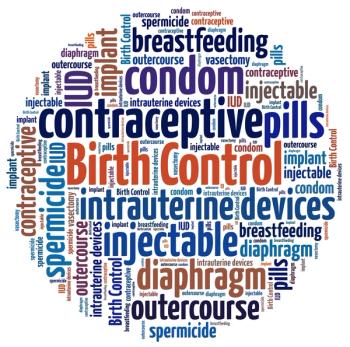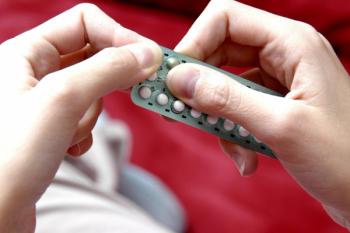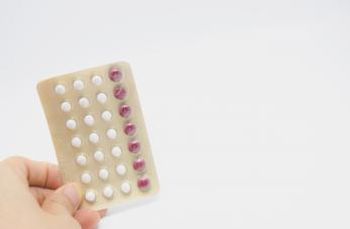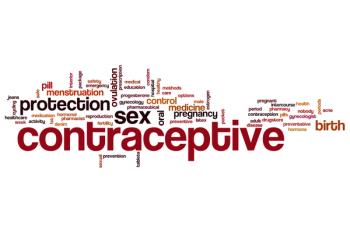
According to recent findings, a self-administered contraception could lead to improved contraceptive continuation rates and equivalent pregnancy prevention compared to provider administration.

According to recent findings, a self-administered contraception could lead to improved contraceptive continuation rates and equivalent pregnancy prevention compared to provider administration.

A review of more than 100 trials compared the effectiveness and safety of levonorgestrel, mifepristone, and the Yuzpe regimen for emergency contraception.

This flowchart can help ensure a smooth procedure by helping the ob/gyn recognize potential challenges.

A recent model challenges the rationale of limiting oral contraceptive dispensing as a means to control costs.

When a patient is interested in having the device removed, her physician needs to examine several factors before deciding on a surgical approach.

New research indicates that while combined oral contraceptives can be used to reduce heavy menstrual bleeding, evidence points to other contraceptive options as being even more effective.

An Egyptian study found that adding a simple step to the IUD insertion process resulted in a 93% success rate for women whose previous insertion attempt failed.

New research indicates an alarming number of men and women are uninformed about the health risks of pregnancy, and this ignorance may be contributing to the malpractice crisis.

The LNG-IUS and IUD are both highly effective, but one is associated with changes in uterine artery blood flow.

Dr. Kimble discusses a new progestin hormone that can be used for birth control and identifies which patients could benefit from it.

This installment in our series looks at postpartum contraceptive options for a pregnant patient with comorbidities

Oral contraceptives (OCs) may have an additional benefit for young athletes.

Although OCs do not provide total protection of bone mass, they may help limit bone loss in young patients with AN.

A fourth-generation progestogen-only pill (POP) with drospirenone may be an effective and safe alternative for women for whom estrogen-based contraceptives are contraindicated.

A new study aimed to better understand why birth control may fail for some women by looking at genetic variants.

Analysis shows that providers aren't including information about all available options when counseling their patients on CHCs.

Unprotected sex without immediate adverse events may empower women to believe they are not at high risk.

A recent Cochrane Review examined eight randomized trials which compared COCs to placebo, NSAIDs, IUS, and the hormonal vaginal ring.

A recent review found that DMPA and OCPSs are effective against some STIs but may increase the risk of others.

An in-depth analysis examined screening effectiveness as well as further steps to reduce potential complications.

A meta-analysis aimed to determine whether the lower exposure of COCs in obese women is enough to increase risk of unintended pregnancy.

The first in our new series discusses how to effectively balance contraception needs and seizure control in patients with epilepsy.

Children born to women who recently used any type of hormonal contraception may be at a higher risk to develop leukemia than children born to non-users.

Very few low-income women in Texas are receiving their desired method of contraception at their first postpartum visit, leaving them vulnerable to unintended pregnancy.

A new twist has emerged in the gene-editing controversy created by Chinese scientist He Jiankui. PLUS: Would a minimum-volume standard improve hysterectomy outcomes? ALSO: Can lidocaine reduce pain during IUD insertion?